What Peter Thiel really thinks about democracy
In the run-up to the 2024 election, we’re doing things a little differently here at Valley Letter. For the next six weeks, we’ll be diving into the political scene in Silicon Valley, exploring everything from alternative systems of government to specific policy pitches from the likes of Peter Thiel, Sam Altman, and Ben Horowitz.
Get Valley Letter straight to your inbox.
In a disillusioning two-party system, expand your mind with these bold ideas that cross party lines and question everything we think we know about politics in America.
What do Napoleon, Julius Ceaser and Lenin all have in common? According to Peter Thiel favorite Curtis Yarvin, each would be preferable to Kamala Harris, Donald Trump, or any other democratically-elected leader.
But let’s backtrack a little.
It’s November 8, 2016, and 71 million households across the US are tuned in to watch the election results pour in. Peter Thiel has invited a friend over for a watch party – neo-reactionary, neo-libertarian, and neo-monarchist Curtis Yarvin.
“I think my hangover lasted into Tuesday,” Yarvin says, recalling the evening. When asked about Peter Thiel’s political stance, he adds, “He’s fully enlightened, [he] just plays it very carefully.”
What does enlightenment look like to Curtis Yarvin? Well, that’s complicated – but not for lack of documentation.
Curtis Yarvin started blogging back in 2007, alongside his software engineering day job. Writing under the pseudonym ‘Mencius Moldbug’, Yarvin began posting on anti-democracy themes, with a focus on the decline of executive power and the rise of universities and the media. But his ideology offers a stance on basically every hot-button issue of the 21st century, from race and slavery to religion and Steve Jobs.
But the part that’s caught the attention of the likes of Peter Thiel and GOP VP candidate JD Vance is his practically paint-by-numbers pitch for overthrowing democracy in America. It comes from his belief that America deserves something better: a leader with true executive power. But when did the presidency lose its bite?
In some ways, it’s been baked into the system from day one. Since 2001, the US President has taken an average of 83 vacation days per year (in case you need a reminder, the average American gets 10). James Madison once took 4 months off in a row, and Theodore Roosevelt was frequently criticized for leaving Washington for months at a time.
If a president can disappear for almost ¼ of each year, and the government still runs, who’s really calling the shots?
The Monarch-CEO
To return to our earlier thought experiment, Napoleon and Lenin are both examples of what Yarvin calls “a startup guy” – his ideal candidate for leader of the free world.
The idea of a Silicon Valley or big business type being well-suited to the presidency is hardly original. It’s a core part of the New Right philosophy, which has come to power under the likes of Ronald Reagan and George W. Bush and proposes that countries should be run as much like businesses as possible.
Where Yarvin differs is his monarchic tendencies. In his 2008 book An Open Letter to Open-Minded Progressives, he says: “Was royalism a perfect system? It was not. But if we imagine a world in which the revolutions and civil wars of the last four centuries had never happened, it is hard not to imagine that world as happier, wealthier, freer, more civilized, and more pleasant.”
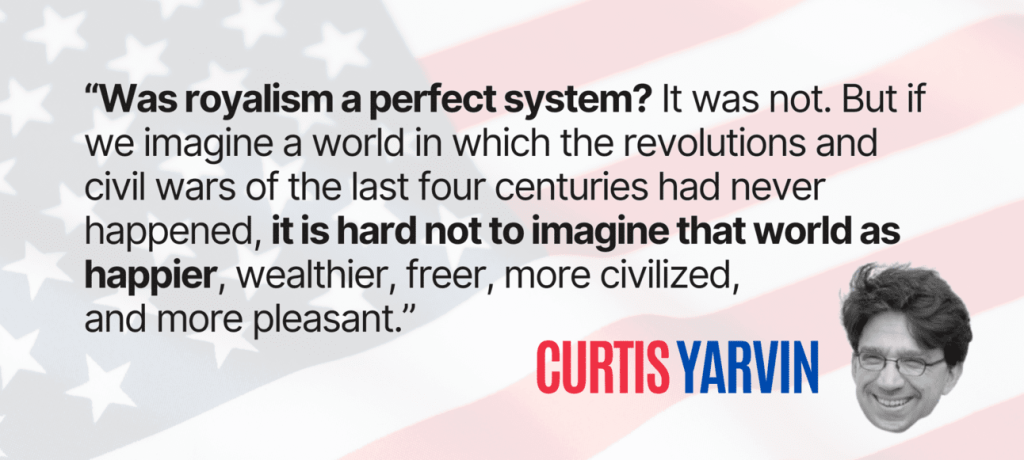
It’s a bold claim – especially when many countries continue to be ruled or partially governed by a monarchy. Hypothetically, the US should be leagues behind the likes of Qatar, Saudi Arabia, Monaco and Jordan in terms of happiness and personal freedoms, but you’d be hard-pressed to find an American who feels that way.
Blake Masters, Peter Thiel’s protégé and general proponent of Curtis Yarvin, makes the same case: “For the record, I’m anti-monarchy. I’m very happy with the American Revolution. We threw off the tyranny of monarchy, right?”
But Yarvin is convinced that America’s best bet is giving a single chosen candidate unchecked power, ‘restoring’ executive power to the presidency. So how would this America take shape?
Enjoying the post?
Subscribe for a new Valley Letter in your inbox every Thursday.
Abraham Lincoln led a coup against America
Here’s another thought experiment: what do Napoleon, Hitler, Castro, and Lincoln all have in common? According to Yarvin, they all led coups.
He argues that presidents like Lincoln and Roosevelt so exhaustively expanded presidential power that they can be said to have founded brand new regimes, effectively ‘seizing power’ from the established status quo.
The examples of Lincoln and Roosevelt point to a further belief of Yarvin’s – that his Dictator-King-CEO could be appointed democratically. In fact, he argues that the candidate would campaign explicitly on that platform. He gives this as the basis for a hypothetical platform: “If I’m elected, I’m gonna assume absolute power in Washington and rebuild the government.”
He has good reason to think this might work. According to Gallup, Americans’ faith in its institutions was at historical lows as of 2023, with Congress ranking dead last. We’re split almost 50/50 on whether the US has too much or too little involvement in our lives, and departments ranked lowest include the Federal Reserve, the IRS, and the DOJ.
If the only thing Americans can agree on is that democracy is failing us, couldn’t the answer be no democracy at all?
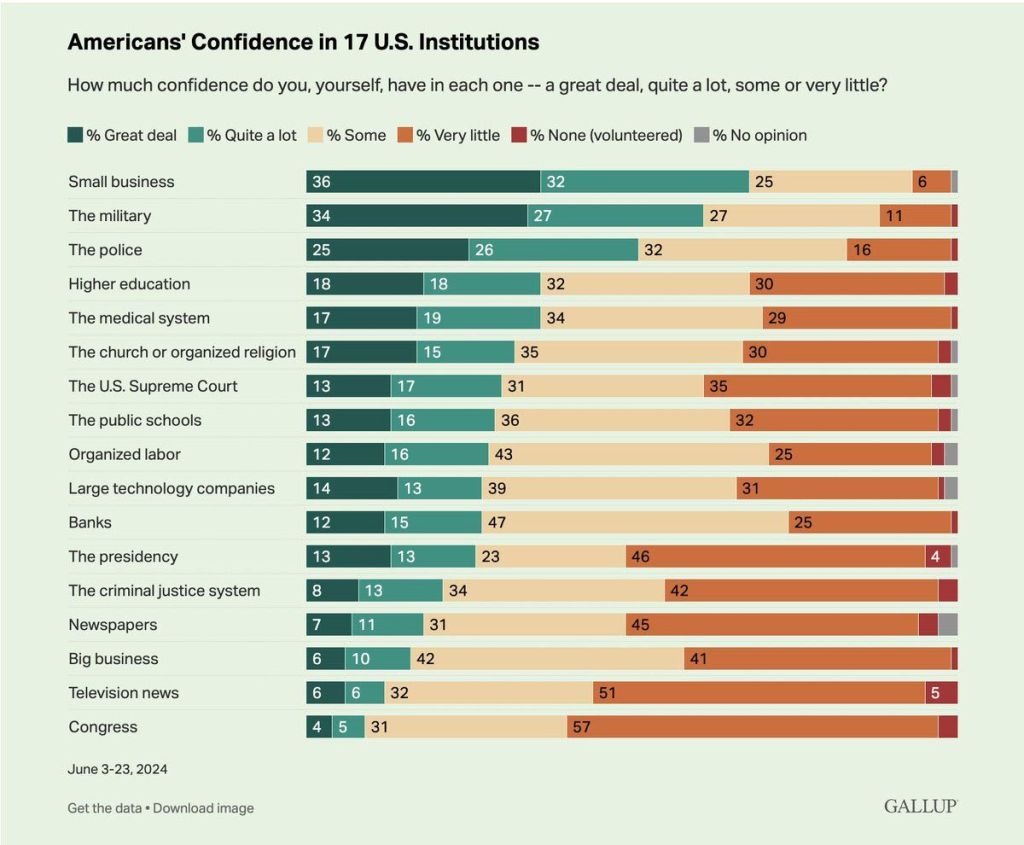
Rely on people power
Simply electing someone on this platform does not automatically remove the barriers they would face once in office, from low-level bureaucrats all the way up to the Supreme Court. But Yarvin has a plan for that, too.
First, the appointee would simply roll back Marbury v. Madison. Universally regarded as “the single most important decision in American constitutional law”, the 1801 case massively expanded the power and jurisdiction of the Supreme Court, making them the defacto upholders of the Constitution. Theoretically, the new president would only have to declare the outcome false, and the Supreme Court rulings merely advisory.
Of course, this would be met with huge resistance. But Yarvin has a solution for that, too – the power of the people. Yarvin describes a movement of people that “shouldn’t be menacing in this January 6 sense, [but that] should have this joyous sense that you’re actually winning and winning forever and the world is being completely remade.”
RAGE
The other way to ensure a smooth transition to the Monarch-CEO model has already made some headway in recent years. Back in 2020, Trump issued an executive order called “Schedule F” that reclassified 50,000 civil servant jobs as political appointees – meaning they could be fired and replaced whenever a new administration took over. Biden repealed the order, but it shows how easy it would be to completely shake up the bureaucratic system.
That’s where RAGE comes in – an acronym for Remove All Government Employees. Current VP candidate J.D. Vance says that part of his advice for Trump’s second term would involve mass firings of federal employees, “and when the courts stop you, stand before the country like Andrew Jackson did, and say, ‘The chief justice has made his ruling. Now let him enforce it.’”
Unlike libertarians, Yarvin doesn’t seem to believe in cutting down the total number of civil servant jobs. Instead, he recommends that his Monarch-CEO dedicate a lot of resources towards mobilizing his supporters to elect representatives hand-picked by the new leader. His idea is an app that would tell each supporter about any upcoming elections and the candidate that best aligns with the president’s views. After just one wave of elections (and with enough supporters), the president would encounter no real opposition.
“Congratulations, you’ve turned the US into a parliamentary dictatorship,” Yarvin cheerfully summarizes.
Peter Thiel: “I no longer believe that freedom and democracy are compatible.”
It’s a radical thought, from a radical essay called The Education of a Libertarian that Thiel wrote in 2009. “I have little hope that voting will make things better,” he explains, adding, “I believe that politics is way too intense. That’s why I’m a libertarian.”
The essay even outlines three ways that a person might escape politics altogether:
- Cyberspace. Thiel questions whether a virtual world couldn’t one day become as real as the physical one, but free of politics.
- Outer space. “Because the vast reaches of outer space represent a limitless frontier, they also represent a limitless possibility for escape from world politics.”
- Seasteading. Thiel is confident that people will choose to live on the ocean to escape politics, as soon as the technology is feasible.
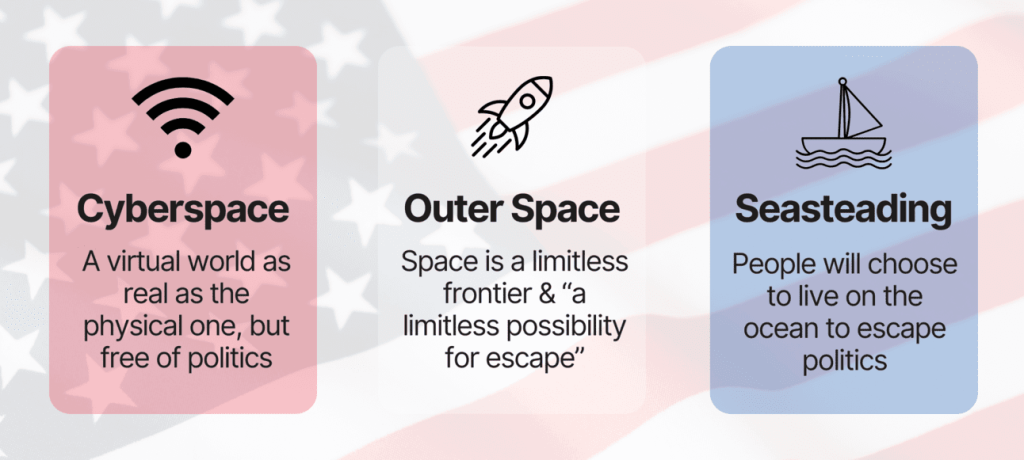
Let’s go back to Yarvin’s 2016 description of Peter Thiel: “He’s fully enlightened, [he] just plays it very carefully.”
Thiel has lost all faith in democracy as a vehicle for change. He is beyond Libertarianism – he sees small, insular communities without politics as the only path towards a world where “the choices of individuals may still be paramount, … [one] that some consider utopian.”
So do Americans really need to “get over their dictator phobia” in order to build a society we can be proud of? Should we encourage one great “startup guy” to take on the presidency and shake things up from the inside, or should we all be looking into real estate on platforms somewhere in international waters?
The US government is not working. We cannot become complacent about its dysfunction, and, in seeking to fix it, we should not be afraid of exploring even our most radical options.
Keep learning.
Subscribe for a new edition of Valley Letter in your inbox every Thursday.

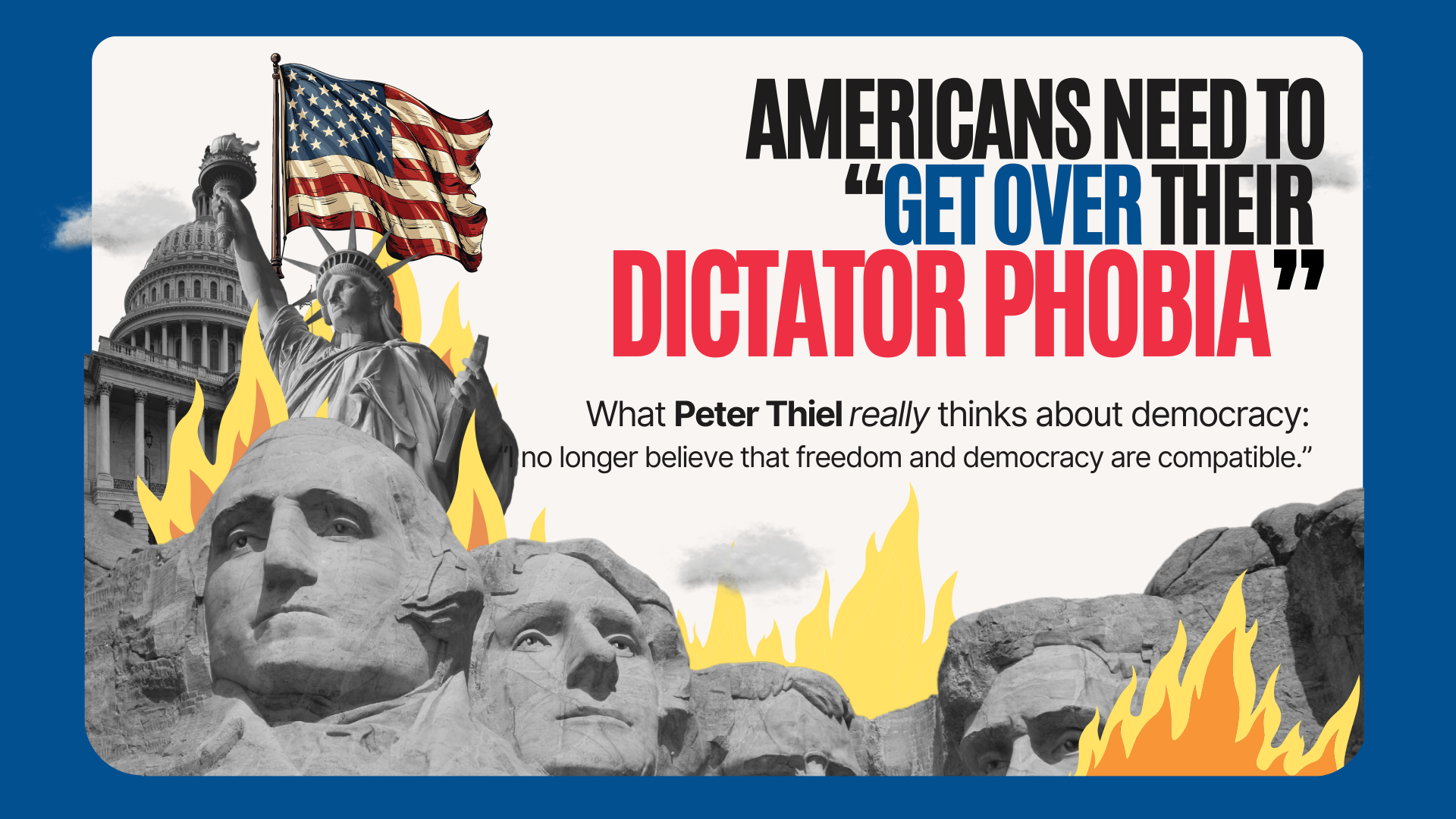
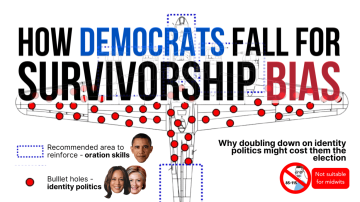
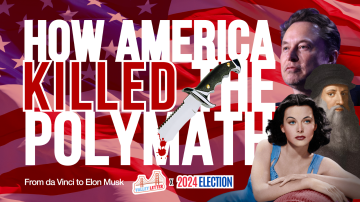
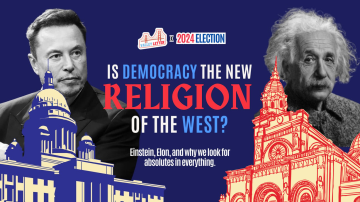
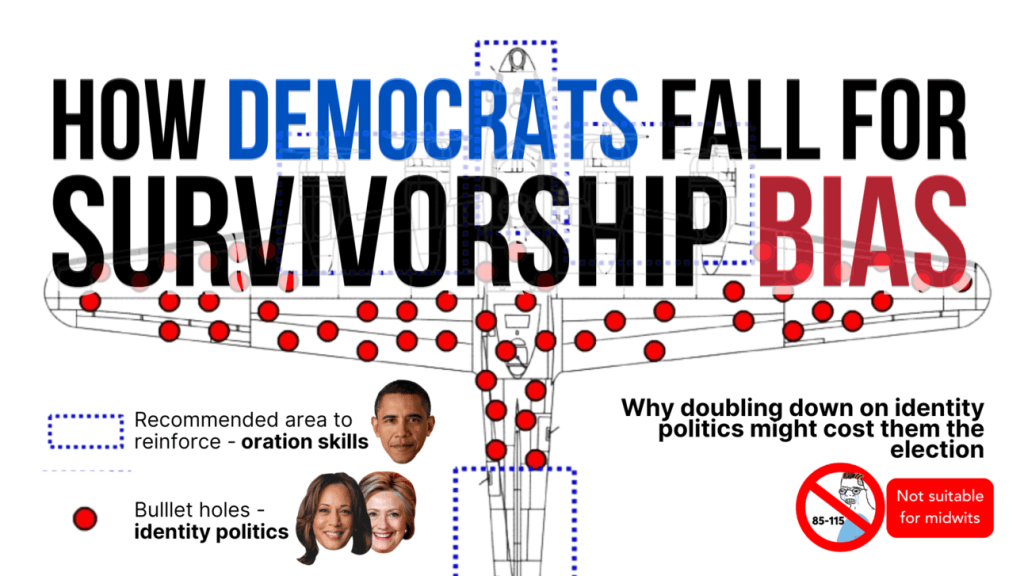

Wishing you happiness every day.
尖端资源,价值百万,一网打尽,瞬间拥有!多重收益,五五倍增,八级提成,后劲无穷!摸币网,最嚣张的上线替下线赚钱网站:https://1925.mobi/
Hi, how have you been lately?
真免费!价值万元资源,不要一分钱,网址:https://www.53278.xyz/
益群网:终身分红,逆向推荐,不拉下线,也有钱赚!尖端资源,价值百万,一网打尽,瞬间拥有!多重收益,五五倍增,八级提成,后劲无穷!网址:1199.pw
I’ve been playing on malinacasino6 for a while now, and it’s pretty solid. They have some nice bonuses, and the support is responsive! You should check! You may start here: malinacasino6
Gave Win5bet a go the other day. Simple enough layout, easy to navigate. Can’t hurt to have a look and see if they’ve got anything that tickles your fancy. Have a look: win5bet
Gotta say LottoGreenAfiliados has some interesting affiliate programs. If you’re looking to earn some extra cash online, you might want to give it a shot. Do your research first though. lotogreenafiliados